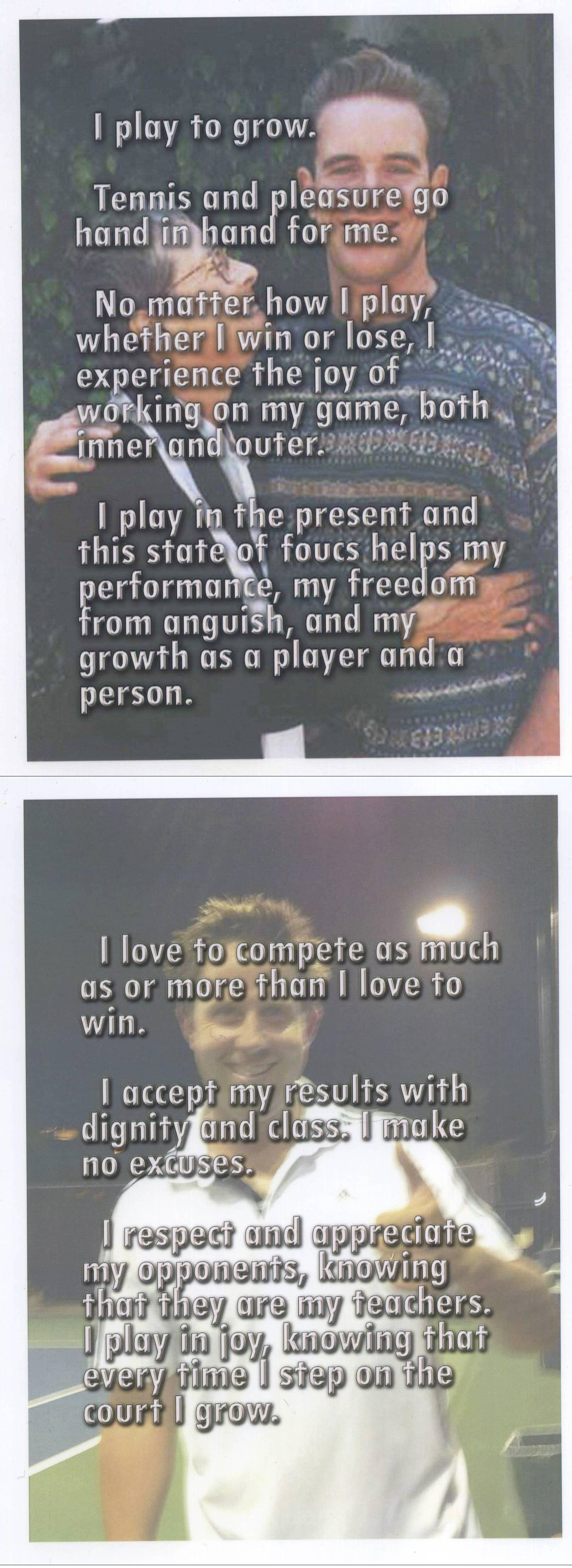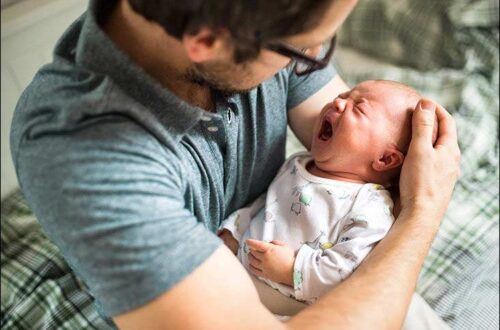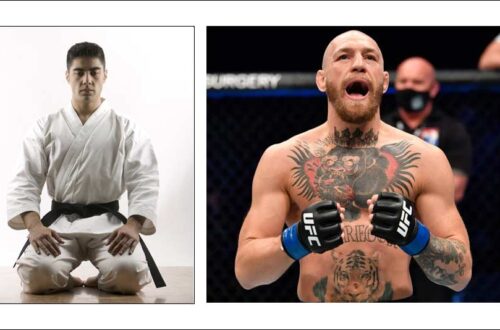I wrote recently about adversity in competitive sports. But I was really using sport as a metaphor to talk about dealing with adversity in life generally. In this essay I would like to add to last week’s post to flesh out a fuller picture of how I see it.
For the vast majority of us winning or losing in competitive sports is not all that important. But learning to train and compete well is incredibly important, in my opinion — especially for the young. To learn how to win with grace and lose with dignity -— that is important. To not sit on your ass all day waiting for life to come to you but actively to go out and get it — that is important.
In that context, sports can be crucial towards learning to appreciate the importance of the proper mental mindset when approaching a challenge. The mind is a potent weapon, but it is good to be on guard not to use that weapon to harm yourself — as so many people do. What is the percentage of our compatriots taking antidepressant or anti-anxiety meds daily? Especially with women? Especially among the young? The numbers are off the charts. Are many people their own worst enemies? Is it then so difficult to live a happy, successful life?

Let me explain how I approach it. When I’m on the tennis court I always envision that my guardian angels are watching me serve and volley, hit forehand groundstrokes and backhand slices. They are hovering nearby when I’m setting up to serve out the set, or when a point here or there in a tiebreaker will decide the match; it is during the high-pressure moments that I need and seek them out the most. My guardian angels are always there; they are silently watching. They don’t say anything, but I don’t need their words. Their presence is enough. I can do the rest. Whether I win or lose I always see them smiling in my mind’s eye. So I try to smile, too. Usually I succeed.
My main two guardian angels are dead, but their spirits are always with me. I have their photos in my tennis bag right there on the court to remind me of my best possible self. If I miss an easy shot or blow a big opportunity in a match, they encourage me to not get too down on myself — that the most important point is the one coming right up, not the one that is already over, they remind me. They urge me to regard my game and the match with “friendly eyes” and to look for opportunities to rise above, not fall into, my baser emotions. They are there rooting for me, and their mere presence fortifies and steadies me. Chris and Maggie were solid athletes in their own times. They understand; they know what it is like. We shared so many words about all this in the past, so we understand each other now without need of speech. So even on my worst days my guardian angels are on my side when I’m on the tennis court. They hover somewhere nearby. I cannot see them with my eyes, but I can feel their presence with my heart.
Of course all this I say about the importance of the right mental outlook is generally true off the tennis court, too. Maybe more so.
Especially, my mother is important. In stressful moments I speak her name again and again. “Margaret Mary Geib, Margaret Mary Geib.” I believe by saying out loud the name of your ancestors you invoke their aid in a moment of crisis. Jeff Cooper memorably claimed that “blessed are those who, in the face of death, think only of the front site.” True enough. But it is your parents, grandparents, teachers, coaches, and friends who helped to put the steel into your spine which allows you to take the action which will save your life. They built you up. They fortify you.
And when they die and their bodies cease to be, what they taught you continues to live on. If anything, their lessons ring truer than ever over time.
It is as they say — no man is quite dead as long as one person remembers his name.
So here I remember to say your name out loud — “Christopher Prewitt, Christopher Prewitt” — today on the eighth anniversary of your death.
Rest in peace, my friend.
I do not forget you, my guardian angel.





